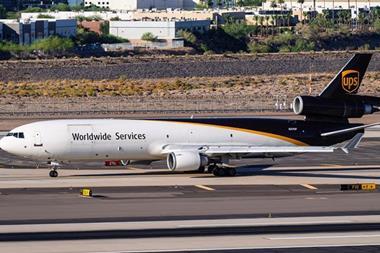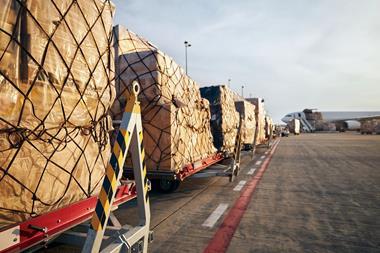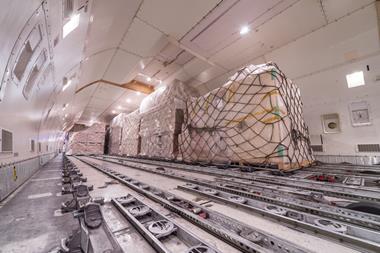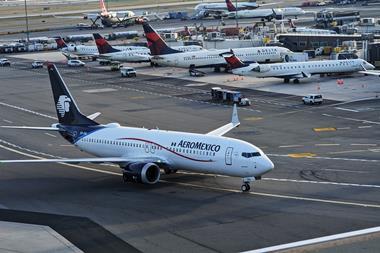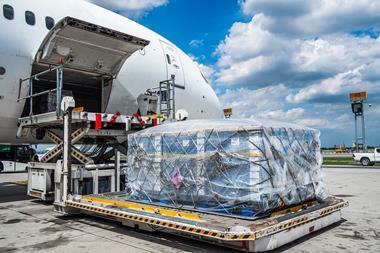Freight Transport Association (FTA) has called for an extension to the measures which were put in place in advance of the original deadline for leaving the EU, as the prospect of a No Deal Brexit increases.
“In the run up to the March 29 Brexit, FTA lobbied the UK and the EU to obtain important temporary easements and contingency measures which will assist the industry to keep our trading links open,” explains James Hookham, FTA’s Deputy CEO and head of Brexit readiness.
“However, many of these will expire, or are due to lapse shortly after the new October 31 Brexit deadline, and FTA is urging the new ministerial line ups to prioritise extending or re-establishing the necessary measures to ensure that trade can continue to flow freely to and from British industry.”
At present, the arrangement for no safety and security declarations for inbound EU consignments is due to end on 30 September and there are various deadlines looming for basic connectivity rights for UK operators.
“Currently this is until end of 2019 (road haulage), end of Q1 2020 (aviation) and nine months from EU exit in the event of no deal for rail freight. We’d like this extended until permanent arrangements are in place, until the end of 2020 at least,” says a FTA spokesperson.
FTA has written to Michael Gove MP, the new Chancellor of the Duchy of Lancaster and responsible for co-ordinating No Deal preparations, to urge rapid completion of the outstanding procedures and extension of the concessions. It has also urged high level co-ordination with the logistics sector to protect the economic health of the UK and the welfare of consumers.
“But,” Mr Hookham continues, “while these discussions are ongoing with government, exporters, importers, freight forwarders and logistics operators in the UK and those working internationally should be taking steps to understand what they may have to do, how it should be done and who they need to deal with to keep their operations flowing.
“The UK’s supply chains are highly interconnected and complex and need to be protected if Britain is to keep trading efficiently with its biggest export markets in Europe. We would still much rather the UK leaves the EU with an agreement that assures the continuity of frictionless trade but if this is not possible, then as an industry we will need to be ready for the challenging and complicated task of navigating the requirements that will apply.”






